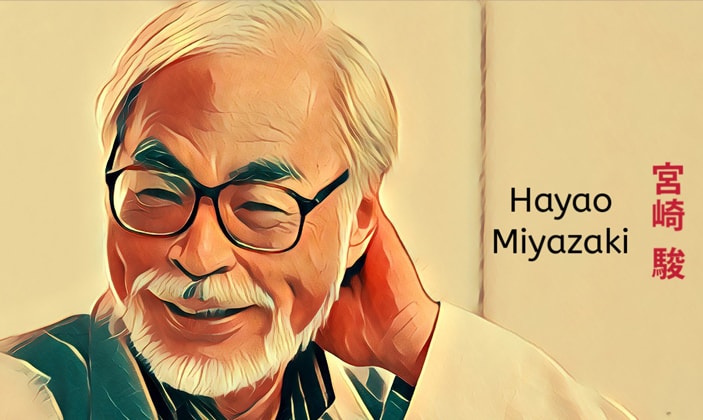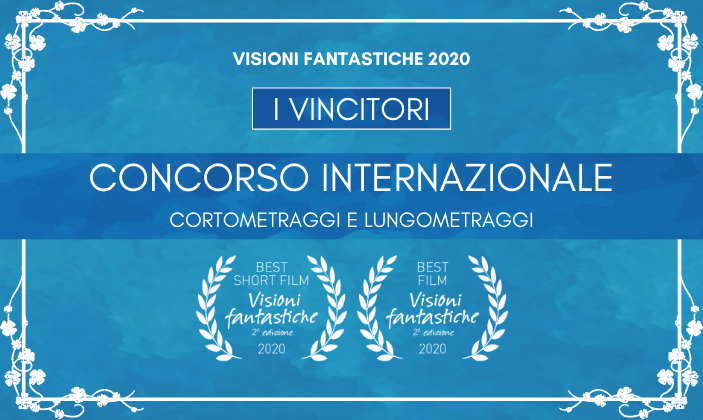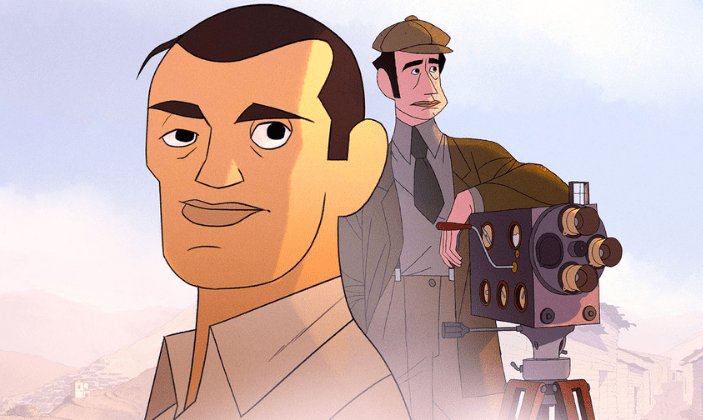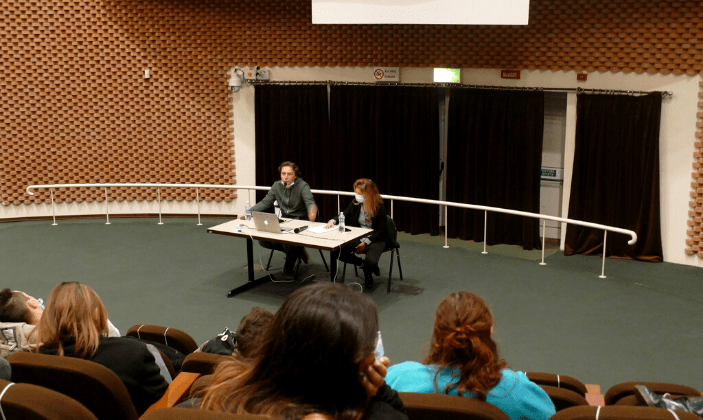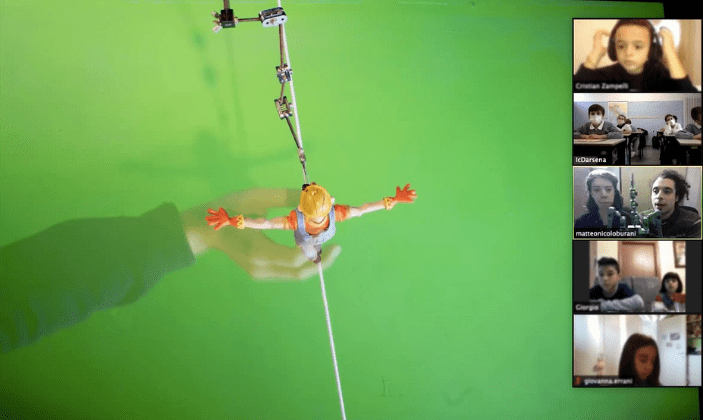Visioni Fantastiche is a film festival for schools and the territory. In addition to the rich educational offer for schools of all levels, the Festival will offer a wide calendar of screenings and events, completely free and open to all. Section to Tribute to the Masters will not only be the occasion to present great masterpieces, but also a moment in which, through the vision of films that have made the history of cinema, one can better understand the nature of contemporary cinema and create the basis for a spectator able to understand, decode and therefore also appreciate the cinema of the future.
The tribute will be dedicated to the Master of animation Hayao Miyazaki, probably the most important animation director of the last forty years, of which we will present some of his most significant films. It starts Monday, October 21st at 9 pm with the projection of Ponyo on the cliff by the sea, an enchanting fairy tale that has the gift of being understandable without ceasing to speak one’s language. Against the reductionism that affects all animation cinema, hastily defined as “cartoons” by the without souls, Ponyo rises high and above and below the surface of the sea. Never resigned to the use of digital technology, the Japanese director “suspends” computer graphics and returns the salty complexity of the sea with a pencil and seventy artists who have drawn by hand one hundred and seventy thousand drawings. Under the sea waves comes the adventure of Ponyo, a fish with a human face and then a child with red and unruly hair, who loves ham and loves Sosuke with an absolute childlike love. Minute and clumsy, cheerful and confident towards the world, Ponyo is a carefree and curious spirit that, moving in the open air and lacking in oxygen, connects the world of the fantastic western.
It continues Tuesday, October 22 at 7.30 pm with My neighbor Totoro, an intimate film in which Miyazaki gives vent to his incredible creativity. A modern fairy tale, a film openly for children but from which, as in all of Miyazaki’s films in any case, even adults can and should learn from it. Here is the whole miyazakian poetics: there is love for the environment, for children, regret for a past in which society is more grateful and kind towards others. What amazes, but not too much, about the film, is its innate freshness twenty years after its debut in Japanese cinemas. An indispensable work, thanks, for once, to a commendable Italian adaptation.
The last appointment will be on Sunday 27th October at 10 am with the 2016 documentary directed by Kaku Arakawa entitled Never-Ending Man: Hayao Miyazaki. From the announcement of its final withdrawal from the scenes to its surprising return with the project of a short film, for the first time made on the computer instead of by hand. Arakawa’s camera follows Miyazaki in his private home or in the Ghibli studio, which is once again populated and full of life.

